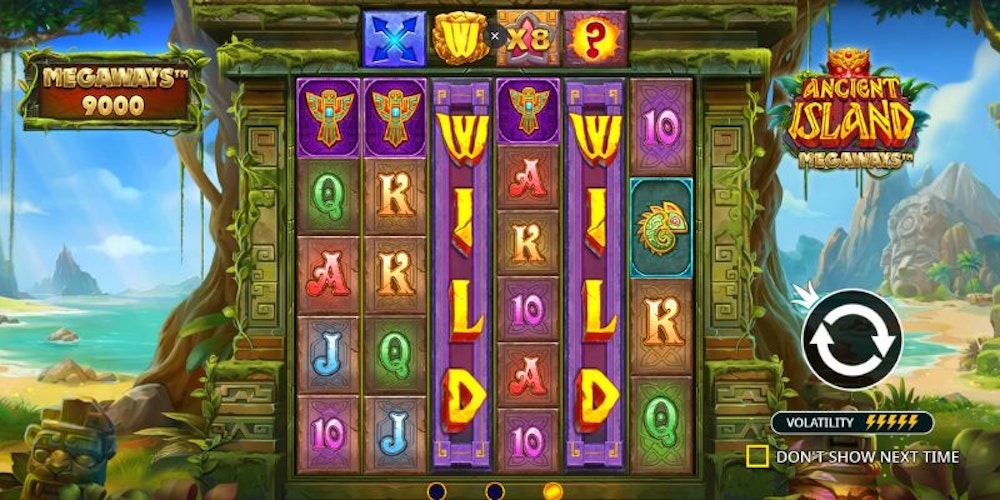【LeoVegas Login】New York Yankees Face Uncertain Future After Gerrit Cole Injury

 Oct 30, 2024; New York, New York, USA; New York Yankees first baseman Anthony Rizzo (48) talks to pitcher Gerrit Cole (45) during the fifth inning against the Los Angeles Dodgers in game four of the 2024 MLB World Series at Yankee Stadium. Mandatory Credit: Brad Penner-Imagn Images
Oct 30, 2024; New York, New York, USA; New York Yankees first baseman Anthony Rizzo (48) talks to pitcher Gerrit Cole (45) during the fifth inning against the Los Angeles Dodgers in game four of the 2024 MLB World Series at Yankee Stadium. Mandatory Credit: Brad Penner-Imagn Images Even before ace right-hander Gerrit Cole went down for the 2025 season — and possibly longer — because of an elbow injury, the New York Yankees looked vulnerable in their attempt to return to the World Series.
Juan Soto left the Bronx for the crosstown New York Mets in free agency, and three other everyday players went elsewhere, too. Second baseman Gleyber Torres (Tigers) and right-hander Clay Holmes (also the Mets) left via free agency. Outfielder Alex Verdugo and first baseman Anthony Rizzo are still looking for new teams.
Multiple key contributors, like slugger Giancarlo Stanton and right-hander Luis Gil, also went down with injuries in spring training — several supporting players, too.
The dangers to a Yankees AL pennant repeat also come from beyond the borough. After missing the playoffs for the past three seasons, the Boston Red Sox finally reloaded, adding left-hander Garrett Crochet in a trade, plus right-hander Walker Buehler, infielder Alex Bregman and lefty reliever Aroldis Chapman in free agency. Buehler might surprise after getting it together during the Dodgers’ World Series run. Bregman should rake at Fenway. Chapman has aged well.
The Baltimore Orioles are having some difficulties of their own during spring training, with minor injuries to Gunnar Henderson and Jordan Westburg, plus a bigger concern with right-hander Grayson Rodriguez. But they still have loads of untapped young talent in the mix, like 20-year-old power-hitting catching prospect Samuel Basallo and corner-infield slugger Coby Mayo. They would have been better had GM Mike Elias spent more on free agents, although Tyler O’Neill will help in the outfield. Right-hander Charlie Morton is always a good acquisition, even as he ages. Tomoyuki Sugano, an import from Japan, goes from curiosity to “kind of important.”
They’re also getting back closer Félix Bautista, who’s returning from Tommy John surgery in late 2023. But even with their injuries, it’s a matter of manager Brandon Hyde coaxing the Orioles to play better than the sum of their parts. They didn’t really do that in 2024 — and they still made the playoffs.
The Tampa Bay Rays missed the playoffs a season ago but enjoyed the postseason in the five previous seasons before that. They’re getting back right-handers Shane McClanahan and Shane Baz from major injuries. They also will have third baseman Junior Caminero — a star in the making — from opening day going forward. The Yankees were even kind enough to allow the Rays to use their spring training home at Steinbrenner Field to play home games in 2025 after a hurricane literally tore the roof off Tropicana Field.
No matter what the others in the AL East do, as long as the Yankees don’t sustain any more significant injuries, they should remain contenders for the division. Anything beyond that — without Cole — is a big question.
Jasson Domínguez finally gets a chance to go from hyped prospect to everyday player as the left fielder. Coming close to Soto is not likely, but can he produce something at the plate that’s significantly better than Verdugo?
Can infielder Jazz Chisholm, who fit in beautifully when he came over in a trade from the Marlins midseason, finally make good on all of his potential?
Will Paul Goldschmidt bounce back after two declining seasons in St. Louis? He’s 37 1/2 years old, but he was on a Hall of Fame trajectory in his prime. The Yankees have chosen wisely among vets like Goldschmidt in the past, but it’s still to be decided if Goldy will be gold on Broadway.
Ben Rice appears to be the first choice as designated hitter without Stanton. He’s a solid prospect — and 26 — so good for him getting an opportunity. It’s a matter of taking advantage.
There are more questions. Will catcher Austin Wells be able to hit all season like he did for part of 2024? Can shortstop Anthony Volpe find enough consistent bat speed to stay hotter for longer at the plate?
And the pitching staff. The bullpen remains a strength, especially with the acquisition of Devin Williams (even if they made him shave his beard before they said he could keep it). But the starters are stretched thin. It’s a good thing they signed free-agent lefty Max Fried, and didn’t succeed in talking right-hander Marcus Stroman into a new career in long relief. Fried, lefty Carlos Rodón and Stroman aren’t dominating collectively, but they’ll get the job done. But can the Yankees get a full season of Clarke Schmidt? And how long until general manager Brian Cashman makes a big trade?
This is all assuming slugger Aaron Judge keeps on keepin’ on and doesn’t spend any significant time sidelined. He’s one of the best players of his generation — just as long as he stays away from the trainer’s room.
But the Yankees have so many questions. The other teams in the AL East have them, too. And New York should still be considered a playoff probability. But there’s nothing certain about anything more.


